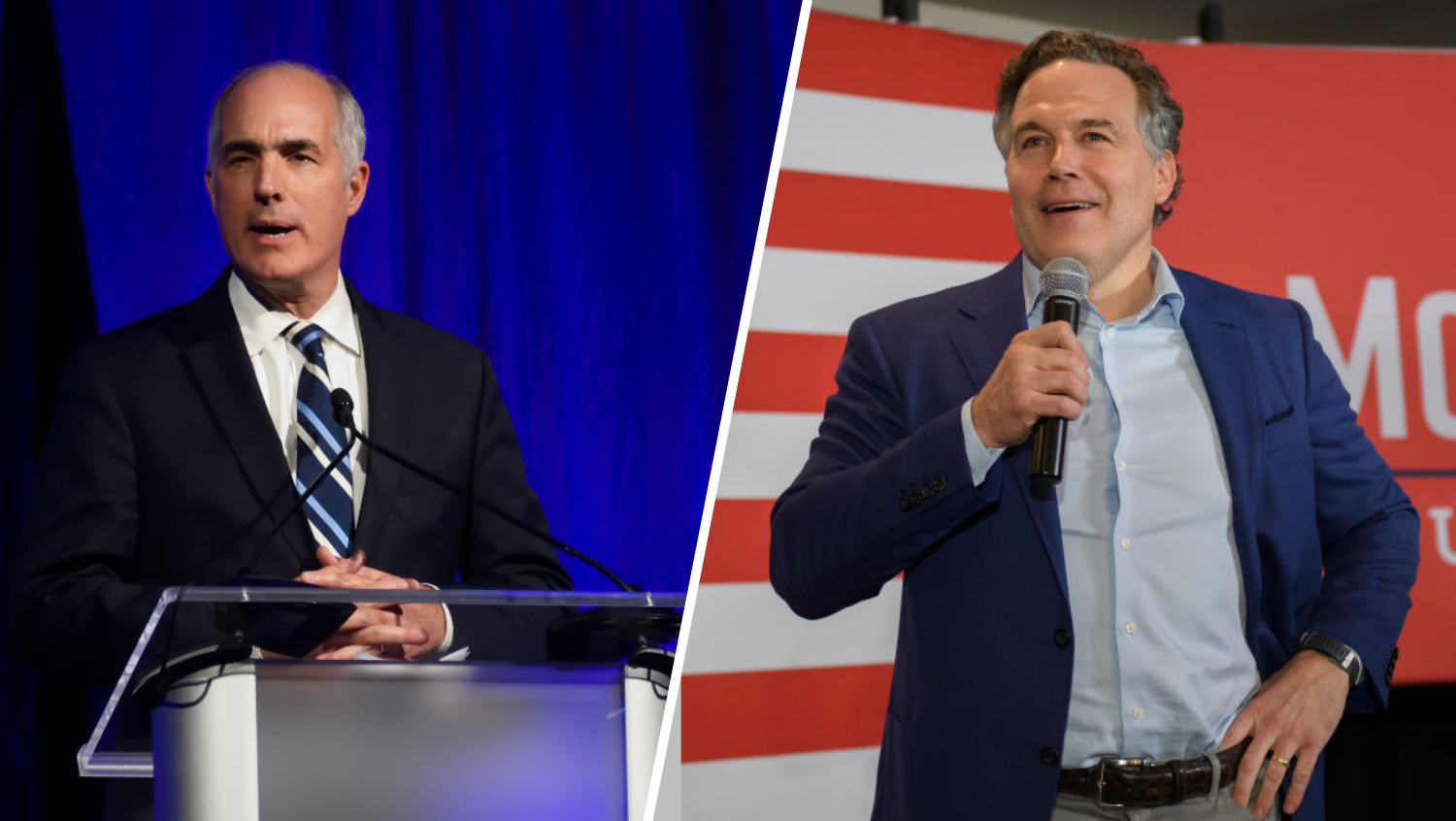Certain essentials must be taken care of, no matter what. As a record freeze hit this small town outside Pittsburgh early Tuesday, basic needs came down to football, lottery tickets and cigarettes. Especially cigarettes.
Dangerously frigid air arrived in Coraopolis, Pa., from the Midwest, borne by a biting wind that pulled smoke horizontally from the factory chimneys along the Ohio River. With Tuesday's school already cancelled and local TV news issuing dire warnings, the mile-long main drag fell silent except for a few cars and the rumble of freight trains running two blocks over.
None of the town's 5,664 residents are outside -- until you reach the Uni-Mart on the corner of Main and Fifth.
Quentin Milliner walks in and asks for a pack of Marlboros. He's not cold: “I spent two years in Alaska,” he says. “This isn't cold.”
When he walks out, the bank clock across the street reads 9:13 p.m. and -3 degrees. On the 10-minute walk home, Milliner is wearing jeans but no thermals, two shirts, a coat, and a Pittsburgh Penguins hat pulled down to the top of his Pittsburgh Steelers scarf.
“As long as you dress right, you're fine,” he says. “Make sure your ears are covered. Drinking plenty of fluids helps -- alcohol.”
Lupe Bogden is behind the counter of the Uni-Mart. Each time the door opens, she shivers beneath four layers of clothes. Every few minutes, a customer arrives with a cold blast and leaves with a pack of Marlboros or Camels.
Local
Breaking news and the stories that matter to your neighborhood.
Bogden moved here in August. From Arizona.
“I'm supposed to be wearing a T-shirt and shorts and flip-flops right now,” Bogden says. She lives one block away, but her husband will drive her home after her shift.
David Guzzo stands on the other side of the counter from Bogden, scratching off instant lottery ticket after ticket. He walked here from his house three blocks away. He worked maintenance at the airport for 30 years, most of it outside, and shoveled more runways than he can count.
“But that's a cold three blocks,” he says. He buys another ticket.
Leonard Tisch is walking home at 9:50 p.m., holding his hood up against the wind with shaking hands after “playing the machines” at a nearby bar. The temperature is down to -5, without the wind chill.
“When I left the house, the wind was in my face,” says Tisch, 70. “I'm walking home, and the wind is in my face.”
A light snow is falling. A freight train passes, the roar a regular presence along a main strip whose decaying storefronts indicate better days in the past.
The roar of the train never penetrates the Jailhouse Saloon. Beer bottles go vertical as a DJ pumps out country and rap tunes and the college football championship game plays on two TVs.
Michael Gardner never considered staying home - he bet 50 bucks on Florida State early in the season, and got 30-to-1 odds.
“I was going out no matter what,” he says shortly after Florida State defeats Auburn in a barnburner. “This is Pittsburgh. You go no matter what.”
As Gardner celebrates, the bank clock reads 12:17 a.m. and -7 degrees. It's officially the coldest temperature ever recorded on this day in Coraopolis, colder than the -5 degrees on January 7, 1884.
Not everyone needs nicotine or a gambling fix. Earlier, down at the riverside petroleum depot, where the wind is whipping fog along the water, brothers Danny and John Mayak have to inspect a barge full of gasoline.
“Just dress warm,” Danny Mayak says, his eyes peeking through a slit in his face mask. “You just do your job no matter what. You get used to it.”
And there are eggs and mayonnaise that need to be unloaded at the McDonalds, for Tuesday morning's rush.
“Yes, I am cold,” says Lanier Petitie, unloading boxes from a truck, wearing a pair of knit chartreuse gloves.
Knit chartreuse gloves? Petite looks at his hands and shrugs. “Dollar store. Last minute.”
A car thief could make out like a bandit in Coraopolis on this night -- there are empty vehicles idling outside McDonalds, the Uni-Mart, the pizza shop, the Jailhouse Saloon. A giant gasoline tanker truck idles outside the petroleum depot gates while the driver inhales a cigarette and waits for a train to pass.
Still, it's a slow night for Eric Fiedler, the police dispatcher. “Nothing's going on,” he says.
He walked the 20 minutes to work, unfazed by the thermometer.
“If it was this temperature in Minnesota,” he says, “nobody would say anything.”



